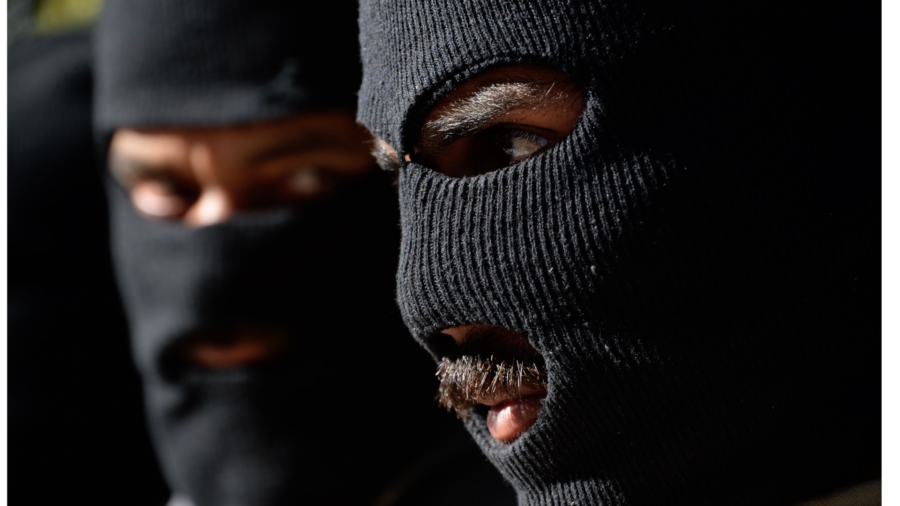Malaysian terrorist Yazid Sufaat, known for his attempt to create weapons of mass destruction for al-Qaeda, has been freed from prison, according to The Straits Times.
Yazid Sufaat, 55, has been detained in Simpang Renggam Detention Center under Malaysia’s Prevention of Terrorism Act for the past two years but was released on Nov. 20.
The release came almost a month after national police chief Abdul Hamid Bador reportedly told the media that Yazid would be freed after serving his sentence.
The release marks Yazid’s third, bringing his total duration behind bars to 12 years, reported Business Insider Malaysia.
“He will be under police surveillance for two years and will need to wear an electronic monitoring device (EMD). If he wishes to travel outside of Ampang, Yazid would need to alert the Ampang police chief,” Bukit Aman’s counter-terrorism division head, Datuk Ayob, told The Straits Times.
“He’s also not allowed to leave home between 8 p.m. and 6 a.m. but is free to accept visitors. After two years, the authorities will reevaluate everything again before deciding,” he added.
Another source said: “A special team will be monitoring him. The EMD would need to be charged from time to time. We will be alerted if he fails to do so, or if there is an attempt to take it off.”
An intelligence source reportedly confirmed that Yazid had repented based on input from the prison department.
During the Sept. 11, 2001 bombings, Yazid sheltered two hijackers in his home, resulting in a six-year jail term from 2002 to 2008.
In the 1990s, Yazid attempted to create massively destructive weapons to use against Afghanistan by cultivating and loading anthrax (an infectious disease) onto weapons.
He was also convicted in 2000 for acquiring 4 tons of ammonium nitrate in preparation for a foiled bombing plot in Singapore.
In 2013, he was detained under the Security Offenses Act for recruiting members for ISIS, which led to a four-year jail sentence.
While Yazid’s release raises many concerns, the prison department reportedly said that he had “repented” for his crimes.
National police chief Abdul Hamid Bador told The Straits Times that although the police understood public concerns around freeing Yazid, it is not right to keep him behind bars “based on people’s perception.”
“He may be free, but we will continue to make sure that we’re steps ahead of him, always,” an intelligence source told The Straits Times.

